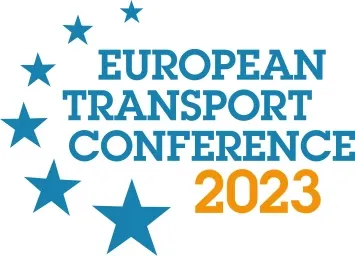The workshop to discuss the preparation of the interim evaluation of the Road Safety Action Programme 2011-2020, organised by the European Commission's Road Safety Unit, was attended by the main stakeholders involved in road safety, including the European Road Federation (ERF).
The ERF presented its recommendations to achieve the 2020 targets from an infrastructure perspective, focussing on three areas: Establishment of minimum safety performance for road infrastructure elements in the TEN-T (road markings and signs, road safety barriers); Improvement of data collection and data availability; Adaptation of road infrastructure to the needs of vulnerable road users.
Next year will be a milestone for road safety in Europe as the ten-year action plan reaches its midpoint. The action plan's main goal is to reduce the number of fatalities on Europe's roads by 50 per cent by 2020 compared to 2010 levels. To achieve this, seven strategic objectives have been identified: education and training of users, enforcement, infrastructure, safer vehicles, ITS and vulnerable road users.
There is a broad consensus that the European Commission has played a key role by coordinating actions and boosting national initiatives. The importance of exchange of best practices, creation of platform for specialists, working groups, standards or technical harmonisation was stressed during the discussions.
The need to improve the safety of vulnerable road users was also highlighted, including not only motorcyclists, but also cyclists, especially in urban areas. A better coordination between different Commission departments could also facilitate the exploration of horizontal synergies and links between policy areas.
In addition to the assessment of the first five years, participants also looked ahead until 2020. In this sense, discussions focused on the road user perspective (i.e. education and training, first-aid training, enforcement) and technical developments (i.e. infrastructure, ITS, active safety, emergency care issues, etc).
2015 a milestone for EU Road Safety Action Programme
The workshop to discuss the preparation of the interim evaluation of the Road Safety Action Programme 2011-2020, organised by the European Commission's Road Safety Unit, was attended by the main stakeholders involved in road safety, including the European Road Federation (ERF).
December 22, 2014
Read time: 2 mins










